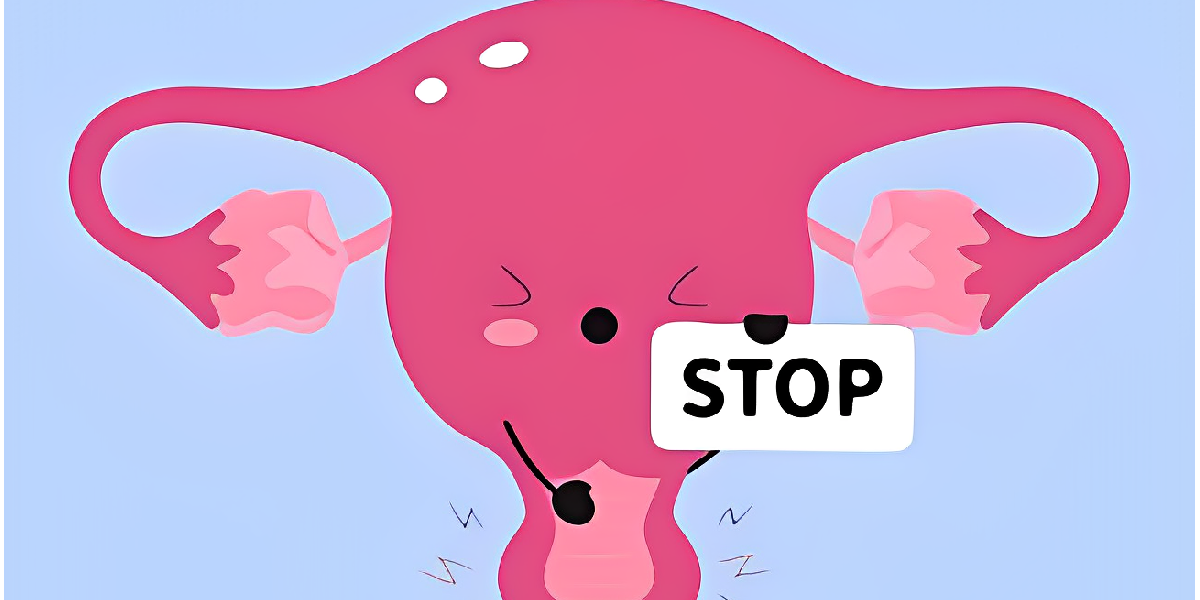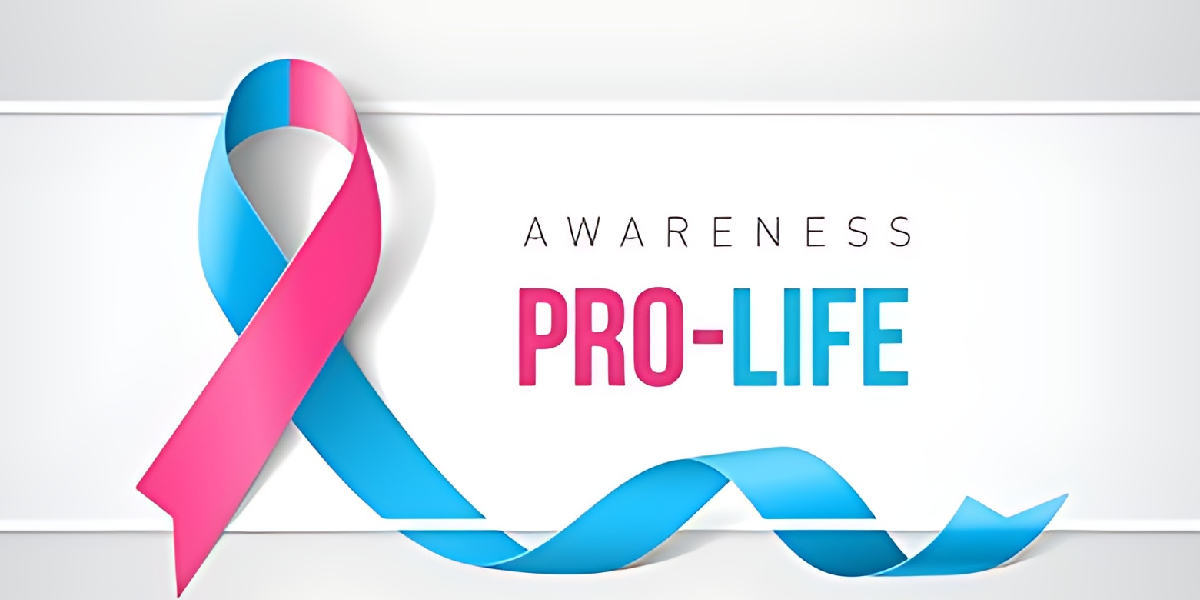© Copyright 2018. All Rights Reserved.
Understanding Infertility: When to Seek Help from a Fertility Doctor

Infertility can be a challenging journey for many individuals or couples trying to conceive. In the world, approximately 8-12 percent of couples experience it, which makes it a deeply personal experience. The emotional toll can be immense, often compounded by the uncertainty of when to seek professional help.
Infertility Awareness Month takes place throughout November, spotlighting this often misunderstood and sensitive subject. Choosing the right time to consult a fertility doctor is one of the most important decisions on this journey. A child's path to parenthood can be significantly impacted by understanding signs, possible causes, and when to seek professional guidance.
Infertility: An Overview
An infertility diagnosis is usually defined as a failure to conceive within a year of regular, unprotected sexual activity (or after a period of six months for women over 35). Both men and women can contribute to fertility challenges, so infertility shouldn't be viewed as solely a female issue.
Fertility is affected by the following factors:
Age:
Fertility declines with age, particularly for women after 35.
Medical Conditions:
It is possible for chronic diseases, hormonal imbalances, and conditions such as polycystic ovary syndrome (PCOS) and endometriosis to affect fertility.
Factors related to the lifestyle:
It is possible to affect fertility if you smoke, drink too much alcohol, are obese, or under stress.
Reproductive Health History:
There are several factors that can affect fertility, including past surgeries, infections, and complications.
Infertility due to the male factor:

The inability to conceive can be caused by a number of factors, including low sperm counts, poor motility and structural problems.
Consultation with a fertility doctor when you think you may need one
Concerns regarding aging:
Infertility specialists should be consulted by women over 35 who have not succeeded in conceiving for six months or more. The decline in fertility associated with aging is a significant factor.
The irregularity of the menstrual cycle:
If you have irregular periods or conditions such as PCOS, you may have trouble conceiving and should seek professional advice as soon as possible.
Conditions known to have an impact on health:
It is important to consult a fertility specialist when planning conception for individuals with known health conditions impacting fertility, such as endometriosis.
In case of repeated pregnancy loss:

When couples experience recurrent miscarriages or pregnancy losses, they should seek immediate medical attention for a possible underlying cause.
Concerns related to male infertility:
Men should undergo fertility evaluations as part of their assessment if there are any problems with the quality or quantity of their sperm.
Having an unprotected long-term relationship without conceiving:
It's advisable to consult a fertility specialist if you've actively tried to conceive for a year (or six months for women over 35) without success.
Fertility doctors play a vital role in the reproductive process

Reproductive endocrinologists, also called fertility doctors, specialize in diagnosing and treating infertility. Both partners undergo comprehensive evaluations, utilizing various tests and assessments to identify potential problems.
Procedures involved in diagnostics:
A review of your medical history:
It can be helpful to understand the medical history of one's family and friends to gain a better understanding of potential causes.
An examination of the physical condition:
It is possible to detect physical abnormalities in the reproductive system by assessing the reproductive organs.
Obtaining blood tests:
It is possible to detect ovulatory problems or other hormonal imbalances with hormonal assessments.
Analysis of the sperm:
In order to determine male fertility, it is crucial to evaluate sperm count, motility, and morphology.
Tests associated with imaging:
Using ultrasound or other imaging techniques, reproductive organ structural issues can be detected.
The following treatments are available:
The treatments for infertility can be recommended once the cause(s) of infertility have been identified. In this regard, you may consider:
Medications include:
Drugs that stimulate ovulation or regulate hormonal imbalances in the female reproductive system.
Surgical interventions include:
Taking care of physical problems that hinder conception, such as varicoceles in men or blocked fallopian tubes in women.
The term assisted reproductive technologies (ART) refers to the following technologies:
Assisted conception can be achieved through in vitro fertilization (IVF), intrauterine insemination (IUI), or intracytoplasmic sperm injection (ICSI).
The importance of emotional support and well-being
Having trouble conceiving can have an adverse effect on one's mental health and relationships. Getting emotional support and coping strategies from a counselor, support group, or therapist who specializes in infertility can be extremely helpful during the treatment process.
A few final thoughts

An important step toward addressing infertility concerns is to understand when to consult a fertility doctor. By seeking assistance, an individual or couple bolsters their efforts instead of diminishing them, while gaining information and options. The path to parenthood can be a challenging one, and a fertility specialist can provide invaluable guidance and support.
During Infertility Awareness Month, let's encourage open discussions about infertility and support those who are navigating this challenging journey, destigmatize discussions about infertility, and ensure couples and individuals who face these challenges feel empowered to seek assistance.
Tags:
#infertilityRecent Post
-

Intrauterine insemination (IUI) Success Tips: Enhance Your Fertility
-

The Connection Between HCG Hormone and Pregnancy: Explained in detail
-

Conquering Asthenozoospermia: Strategies for Male Fertility Success
-

Embracing Sensuality with Vaginismus: Strategies and Support
-

Understanding Endometriosis: Symptoms, Causes & Management | Guide





